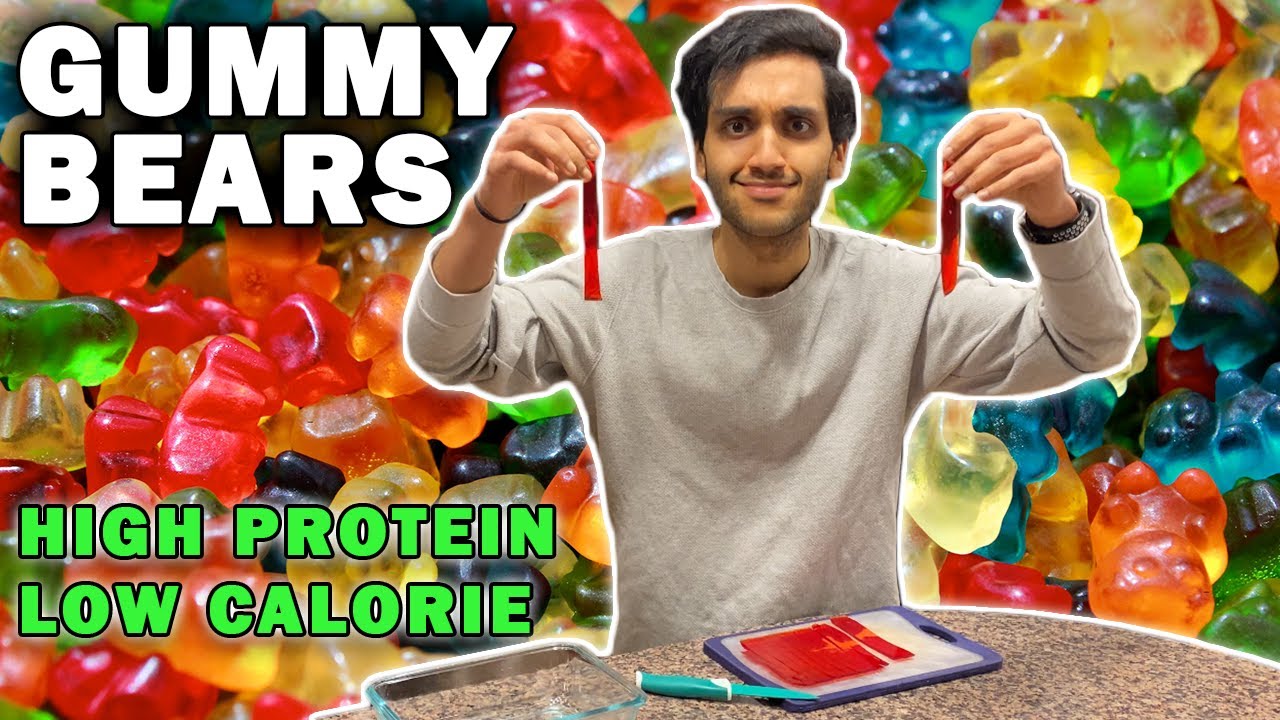In recent months, gummy bears have transitioned from a childhood treat to a trending weight loss aid, sparking debates across social media and wellness communities. The quest for an effective and enjoyable weight loss method has led many to explore various gummy-based supplements. But do these sweet treats really help with weight loss? To uncover the truth, we spoke to doctors, nutritionists, and users who have tried these products.

gummy bear weight loss
Dr. Emily Barnes, a nutritionist based in New York, commented on the rise of gummy bear supplements: “The idea of turning weight loss products into candy is certainly appealing, but most of these gummies lack the necessary ingredients that contribute to real weight loss.” She emphasized that while they may suppress appetite temporarily due to certain ingredients, they often don’t address the root causes of weight gain.

gummy bear weight loss
Sharing her experience, Sarah Johnson, a 34-year-old office worker from San Francisco, stated, “I was skeptical at first, but after trying gummy bears marketed for weight loss for a month, I saw minimal results. I lost a couple of pounds, mostly because I was more conscious of my eating habits.” Sarah’s reflections highlight a common sentiment — many users associate their success with lifestyle changes rather than the effectiveness of the gummies themselves.
Medical data supports these personal accounts. A recent study published in the Journal of Nutrition reported that supplements like gummy bears can lead to weight loss, but only when combined with a balanced diet and exercise. “Weight loss gummies can create a placebo effect,” noted Dr. Leo Graham, a psychologist who studies eating behavior. “People may feel more motivated to change their habits if they believe they are taking a product that will enhance their results.”
On the other hand, some experts warn against the pitfalls of the gummy bear diet culture. “Relying solely on gummies to lose weight can lead to disappointment and frustration. It encourages a quick-fix mentality that rarely works in the long run,” said Dr. Michelle Collins, an obesity specialist. Her concerns reflect a broader narrative about the diet industry promoting unrealistic expectations.
Additionally, user experiences reveal mixed results. In an online forum, a user identified as ‘FitMum92’ posted, “I tried Keto gummy bears for a month and while they taste delicious, I think a more holistic approach to weight loss is necessary.” This sentiment resonates with many who find themselves trapped in the cycle of fad diets without sustainable success.
Interestingly, the market for these supplements has exploded. According to a report by Statista, sales of weight loss gummies increased by over 35% between 2022 and 2023. Retailers like Amazon and Walmart have reported top-selling weight loss gummies as some of the most searched products on their platforms.
However, industry analysts warn that not all gummies are created equal. “Some brands take advantage of consumer eagerness for a quick fix, filling their products with sugar and unnecessary additives,” said Claire Foster, a dietary expert. “If consumers are not careful, they could end up consuming more calories than they would have without the gummies.”
In light of the ongoing trends, Oprah Winfrey recently addressed the claims surrounding gummy weight loss products. “I have nothing to do with weight loss gummies or diet pills,” she stated emphatically on her social media platforms, aiming to clarify misconceptions about her endorsements. This raised concerns about the ethical implications of celebrity endorsements in an industry filled with unregulated claims.
Across social media, discussions have intensified regarding the effectiveness of gummy bear diets. One influencer, Jenny Sparks, shared on Instagram, “These magnetic claims about gummy bears melting fat away are misleading. They do taste good, but no gummy will replace a good diet and exercise regimen.”
Moreover, while some gummies contain beneficial ingredients like apple cider vinegar or B vitamins, many lack sufficient evidence supporting their effectiveness for weight loss. A recent analysis highlighted that “while these ingredients can be beneficial, they are not a substitute for traditional weight loss methods.”
Nevertheless, the emotional aspect of weight loss remains significant. Janet, a 40-year-old user, expressed her feelings candidly: “I felt happier using gummies because they reminded me of my childhood. It made weight loss feel less like a punishment and more like a treat.” Such sentiments evoke a deeper connection to the products, reflecting how emotional associations can influence dietary choices.
As the gummy bear weight loss trend continues to gain popularity, it becomes increasingly critical for consumers to approach these products with caution. While they may offer a fun and tasty addition to weight loss journeys, the potential downsides need consideration. Dr. Collins summarized it succinctly, stating, “Weight loss is a comprehensive journey. No single product can encapsulate the commitment required for lasting change.”
In conclusion, the allure of gummy bears as a weight loss tool is undeniable, yet they should not be viewed as the magic bullet many may hope for. Sustainable weight loss is rooted in balanced nutrition, sufficient physical activity, and realistic expectations. For those enchanted by the gummy trend, moderation and mindfulness remain essential virtues. As Dr. Barnes wisely advised, “If you enjoy your gummy bears, incorporate them into a broader healthy lifestyle, and don’t rely on them alone.”

